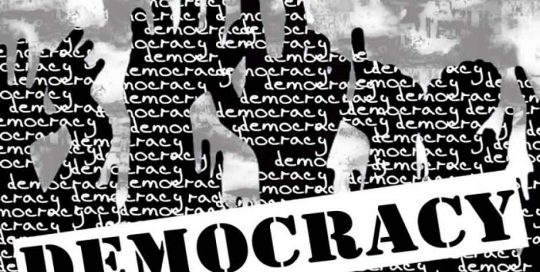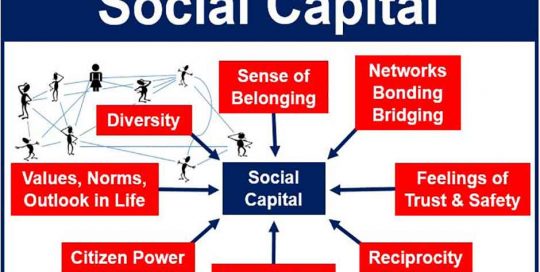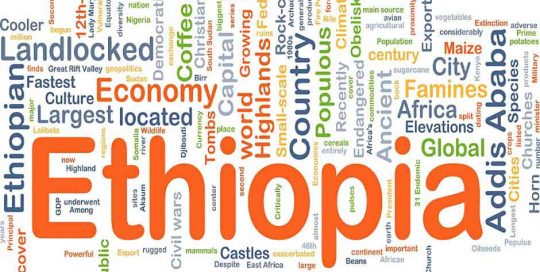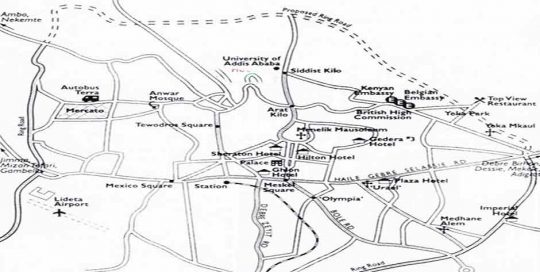This page contains 21 pieces in a new series of one-page primers on the fundamentals of democracy produced by the Bureau of International Information Programs. ESVM adopts the primers as a discussion paper to enhance understanding of Social Justice, Democracy, Social Capital and Humane rights. Although the term is ubiquitous in today's world, explaining "democracy" can be challenging. This series provides the reader with an overview paper and then breaks down the specific elements of democratic governance into individual topics. Each paper in the series reflects both the thinking of mainstream theorists and common practices of the many free societies now flourishing under systems of democratic governance.
Social Capital
Cat 4, Democracy 101, Social Capital
aratkilo 2017-05-30T19:42:24+00:00the ability of people to work together for common purposes in groups and organizations’ (Fukuyama 1995, p. 10)[26] .’Social capital can be defined simply as the existence of a certain set of informal values or norms shared among members of a group that permit cooperation among them’ (Fukuyama 1997)[26] .
Citizenship – Ethiopianism
Cat 5, Democracy 101, Social Capital
aratkilo 2017-05-30T22:37:26+00:00Unlike a dictatorship, a democratic government exists to serve the people, but citizens in democracies must also agree to abide by the rules and obligations by which they are governed. Democracies grant many freedoms to their citizens including the freedom to dissent and criticize the government. Citizenship in a democracy requires participation, civility, and even patience.
Arat Kilo
Cat 4, Social Capital, Social Movement
aratkilo 2017-05-30T17:55:09+00:00Meyazia 27 Square, commonly known as Arat Kilo, is a square in Addis Ababa. In its center is the eponymous monument, commemorating Ethiopia's liberation from Fascist Italy. In the Ethiopian Calendar Meyazia 27 (May 5), is both the day when Addis Ababa fell to Italy in the March of the Iron Will and the day




